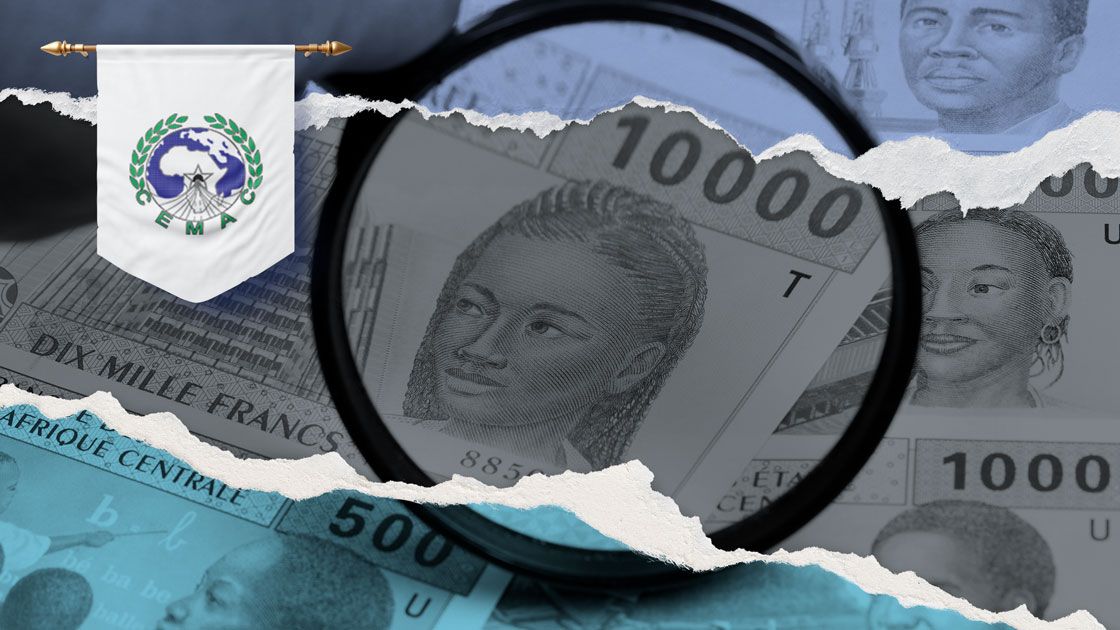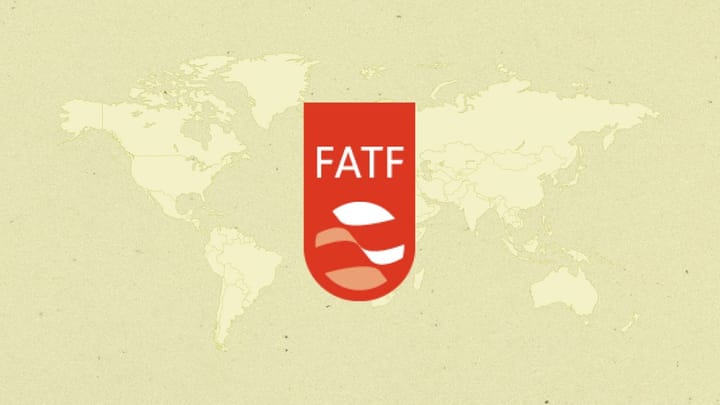Central African countries to ditch French colonial currency
The move follows widespread calls for a change of currency and to end French representation in key decision-making bodies

ℹ️
Editor’s note: This story is part of Mariblock’s “State of Fiat” coverage. Digital assets such as bitcoin are seen as competitors to central bank money. Therefore, we consider informing our audience of the state of their local currencies worthwhile.
The Economic and Monetary Community of Central Africa (CEMAC) has decided to end the use of its colonial currency — the franc CFA. The decision, made at a CEMAC Heads of State summit held March 17 in Cameroon, is a complete change in direction from the union’s previous verdict to make only some currency changes.
Key details
- According to a Camer.be report, the move will not only see a change of name for the currency but also the total closure of the operating account at the Banque de France (France’s central bank), giving the CEMAC full ownership of all its foreign assets — as opposed to the 50% it currently keeps with the French Treasury.
- In addition, representatives of the government of France will also be removed from the decision-making process of the Bank of Central African States (BEAC), the central bank serving the CEMAC states.
- CEMAC is also contemplating joining West Africa, which is currently developing a new regional currency called the Eco.
- Experts consider the move to join West Africa a delicate but necessary one, given the recent Euro/dollar crisis, drastically affecting the FCFA.
- CEMAC heads of state concluded that the decision be made known pronto to the economic and finance ministers of CEMAC member states —Cameroon, Central African Republic, Chad, Equatorial Guinea, Gabon and the Republic of Congo.
Key background
- The franc CFA was created on December 26, 1945, as the currency of the French African colonies. These colonies were in two clusters — West Africa, comprising eight countries with common money dubbed the West African CFA franc, and Central Africa, including six countries with the Central African CFA franc as currency.
- The franc CFA was created following France’s 1945 ratification of the Bretton Woods Agreement. The French government required each colony bloc to keep 50% of the foreign reserves with the French Treasury.
- While there have been arguments that the move to keep half of the foreign reserves in the Banque de France was to guarantee the currency’s stability, others have believed it is merely a tactic to keep the French influence firmly in these countries and hinder their economic progress.
- In December 2019, the West African half of the former French colonies announced its intent to cease using the CFA Franc in favor of a new eco currency. This has, however, not been officially established as of writing.
- There have been several calls for CEMAC to follow suit. For example, during a symposium in Gabon in 2022, key stakeholders in economic matters called for deep reforms of the franc CFA.
- Professor Alain Kenmogne Simo, an associate professor of law, commented at the event:
“I think this work clearly shows that the monetary cooperation with France needs to be reformed. The vast majority [of participants at the symposium] believe deep reforms are needed and not just a name change.”
- The calls for reform arose because, according to the participants, France was no longer the primary trade partner of these countries. In addition, with the expansion of trade to China and other Asian countries came the need for flexibility and the building of reserves with the new trade partners.
- Dieudonné Mignamissi, associate professor of economics at the University of Yaoundé, Cameroon, said during the symposium:
“Reserves are used to facilitate trade with foreign countries. So, if we have reserves in the Chinese currency, in US dollars, in Euro ... I think we would have a more flexible policy for trade with foreign partners.”
Zoom out
- The Central African Republic, whose president Faustine-Archange Touadera is the new head of CEMAC, announced bitcoin as legal tender in the country in 2022, a move which the Bank of Central African States considered a provocation to the French colonial currency system and against the laws of the bank.



